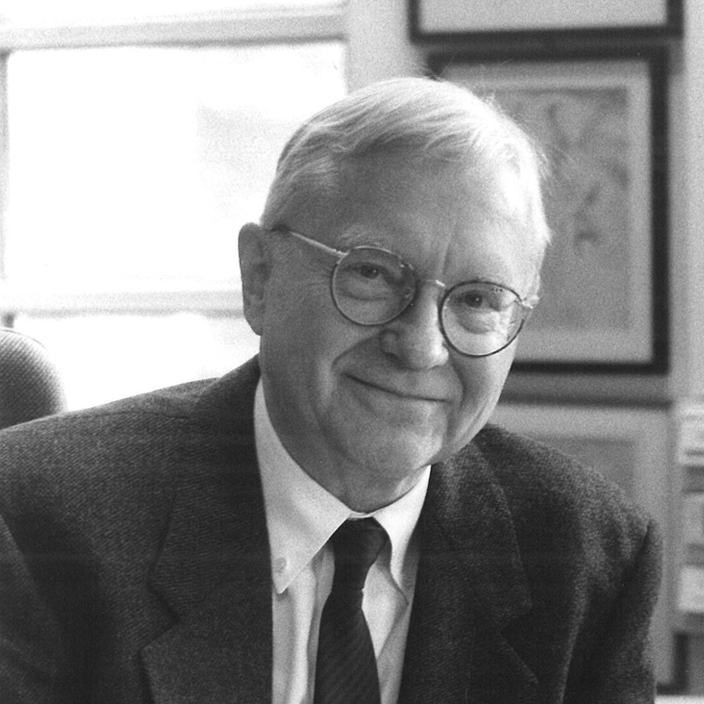
Peter Toennies was born and raised in the Philadelphia area, attending Lower Merion High School. He earned a B.A. in physics at Amherst College in 1952. He then enrolled in a doctoral program at Brown University, but took advantage of a Fulbright scholarship to spend a year at the University of Gottingen between 1953-1954. He earned his Ph.D. in chemistry from Brown in 1957. After graduation, Toennies began his academic career in the department of physics at the University of Bonn, where he remained until 1968. He then became a scientific member of the Max Planck Society and the director of the Max-Planck-Institut fur Sromungsforschung in Gottingen. He served in these roles until 1998 when he became emeritus scientific member of the Max Planck Society. In 1971 he accepted appointments as associate professor of physics at the University of Gottingen and honorary professor of physics at the University of Bonn; he continues his work at both. Toennies also served as Visiting Miller Professor of Chemistry and Physics at the University of California, Berkeley, during the fall 2005 semester.
Toennies has been active in countless scientific organizations from the Council of the European Physical Society, to the Atomic Physics Section of the German Physical Society, to the Academy of Sciences of the Czech Republic. He is currently a fellow of the World Innovation Foundation, as well as a member of the Interdisciplinary Board of the World Cultural Council. His honors are extensive and include the Physics Award of the Gottingen Academy of Sciences, the Hewlett-Packard Europhysics Prize, and the Stern-Geriach Gold Medal--the highest distinction given by the German Physical Society for work in experimental physics. Most recently, he is the recipient of the Kolos Medal from the Faculty of Chemistry at Warsaw University.
Information as of April 2006

